Hastings Family Crest, Coat of Arms & Hastings Name Origin
|
|
|
|
|
| Return to Home page | Bookmark this page | Link to this page | Send a Hastings Postcard |
| Find Your Name | ||||||||
| A | B | C | D | E | F | G | H | |
| I | J | K | L | M | N | O | P | |
| Q | R | S | T | U | V | W | X | |
| Y | Z | |||||||
Hastings Family Crest


Origin of the Name Hastings
The ancient history of the name Hastings was found in the allfamilycrests.com archives. Meaning 'the son of Hasting', this a baptismal name of great antiquity. Variants include Hasting, Hastin and Hastain. This name is of Anglo-Saxon descent spreading to the Celtic countries of Ireland , Scotland , and Wales in early times and is found in many mediaeval manuscripts throughout the above islands. Examples of such are a Henry de Hastinge, from County Bedfordshire who was recorded in the 'Hundred Rolls' in the Year 1273. A Thomas Hastinges and Elizabeth Martin were recorded as having been married at Saint James, Clerkenwell, in the Year 1668.
Names were recorded in these ancient documents to make it easier for their overlords to collect taxes and to keep records of the population at any given time. When the overlords acquired land by either force or gifts from their rulers, they created charters of ownership for themselves and their vassals. It was by creating, maintaining and updating these reference books that they were able to maintain their authority and enforce laws.
In Ireland the names Hastings and Hestin are derived from the native Gaelic O'hOistin sept that was located in County Mayo and was associated with the MacDermotts. Histon is another variant found in County Limerick . Hastie is a form of the name found mostly in Ulster Province.
The Hastings coat of arms came into existence centuries ago. The process of creating coats of arms (also often called family crests) began in the eleventh century although a form of Proto-Heraldry may have existed in some countries prior to this. The new art of Heraldry made it possible for families and even individual family members to have their very own coat of arms, including all Hastings descendants.
|
WONDERFUL GIFTS FOR EVERY OCCASION
Show Off Your Heritage With Our Range Of Top Class Gifts For Your Family Name! VERY LIMITED TIME OFFER: FREE DELIVERY!!! |
||
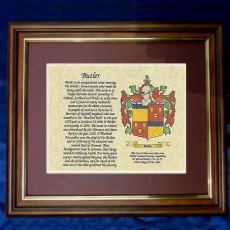 Parchment Prints: Framed, Unframed, Perfect  |
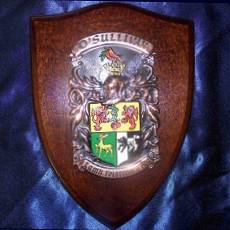 Researched Hand-Painted Plaques & Shields  |
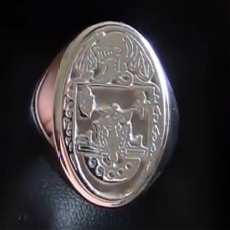 Incredible Hand-Engraved Signet & Seal Rings  |
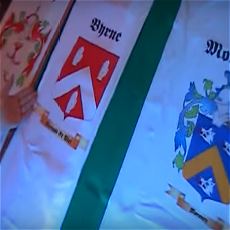 Get your Family Crest Flag, on Ireland or White background!  |
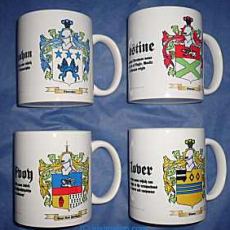 Personalized Coffee Mugs Make Thoughtful Personalized Gifts  |
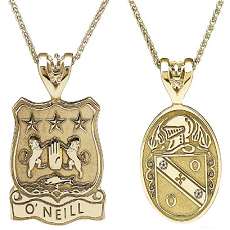 Engraved Pendants in Gorgeous Gold or Stylish Silver.  |